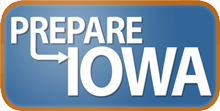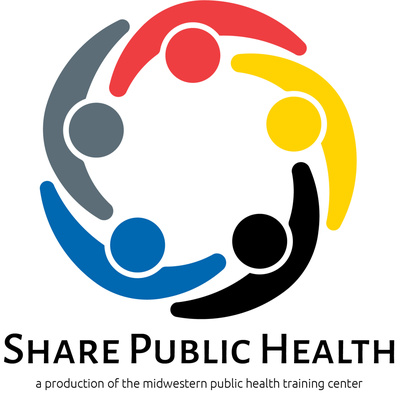 Risk Assessment Tools: for Local Public Health and Healthcare
Risk Assessment Tools: for Local Public Health and Healthcare
The Risk Assessment tools were developed in partnership between the Upper Midwest PERLC and the Iowa Department of Public Health. Iowa Local Public Health Agencies and Healthcare organizations completing their mandatory risk assessment should access the tool with IDPH's instructions. Others can access a general version of the tool in the LMS.
Strengthening Emergency Response through a Healthcare Coalition Toolkit
This Advanced Practice Center toolkit, developed by Public Health-Seattle & King County with support from NACCHO, CDC, ASPR, and Homeland Security, can be used as a guide to support the development of a healthcare coalition, or as a topic-specific reference to complement existing health response planning in a community. It is designed as a framework, not a substitute, for the collaborative planning process that each health jurisdiction must undertake. This Toolkit provides a planning framework, tools and templates.
Meeting the Needs of Vulnerable Populations: Equity in Emergency Response
The goal of this web-based toolkit, developed by the Seattle and King County Public Health Advanced Practice Center, is to provide tools and information to support local health departments (LHD) in working collaboratively with community partners to connect and communicate so that no one group is disproportionately affected in an emergency.
FEMA Continuity Planning Templates
An organization’s continuity of operations plan documents the overarching strategy, policies, and procedures required to support its headquarters continuity of operations program. As the DHS entity for coordinating the Executive Branch continuity of operations program, National Continuity Programs (NCP) has developed detailed planning guidance and plan templates to help other federal and non-federal entities in their continuity planning.
Public Health Mutual Aid Agreements - A Menu of Suggested Provisions
Developed by the CDC's Public Health Law Program, this document presents selected model memorandums of understanding to enhance coordination of preparedness across sectors.




